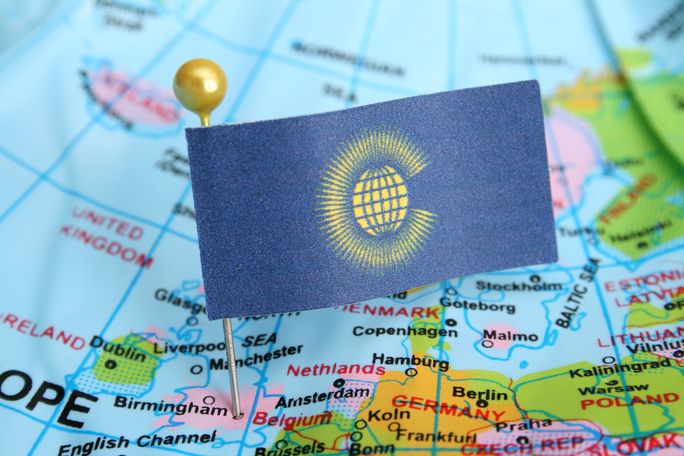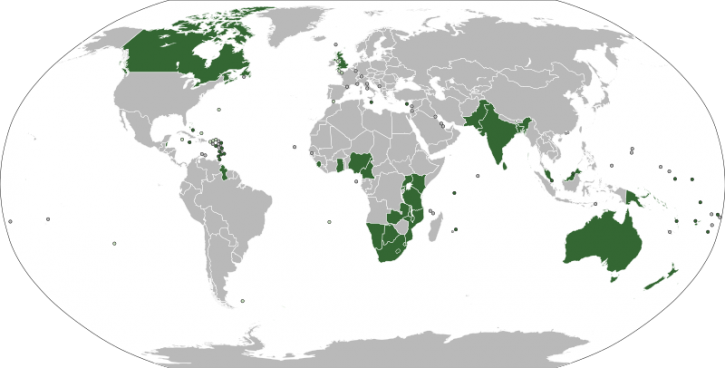
The Commonwealth at 85: Exploring the Future of a Global Alliance
The Commonwealth, established in 1931, has evolved from the British Empire into a voluntary alliance of 52 sovereign states with 2.2 billion people. While originally consisting of former British colonies, it now includes nations like Rwanda and Mozambique that were never under British rule.

Commonwealth flag overlaid on map
The British Empire, once the largest in history, declined after World War II as Britain lost its global dominance to the United States and Soviet Union. This led to the transformation of the British Commonwealth of Nations into today's Commonwealth in 1949, establishing equal partnerships among member nations.

World map highlighting Commonwealth nations
Biblical prophecy suggests significant implications for Commonwealth nations, tracing back to ancient blessings given to Joseph's son Ephraim, who was prophesied to become "a multitude of nations" (Genesis 48:19). This prophecy, meant for modern times, relates directly to the Commonwealth's development.
According to biblical prophecies, particularly in Jeremiah 30:7, these nations will face a period called "Jacob's trouble" - a time of unprecedented challenges (Matthew 24:22). However, scripture also promises eventual restoration and deliverance.
For residents of Commonwealth nations, these prophecies hold particular significance. The Bible offers guidance for those seeking to "escape all these things that will come to pass" (Luke 21:36), emphasizing the importance of spiritual preparation for future events.
The Commonwealth's future remains uncertain, especially following Brexit, but its Secretary-General Patricia Scotland suggests the alliance may strengthen as members increase their interdependence. This organization continues to evolve, maintaining its relevance in modern global politics while carrying profound historical and prophetic significance.
Related Articles

Pearl Harbor and 9/11: Two Historic Sneak Attacks on America

